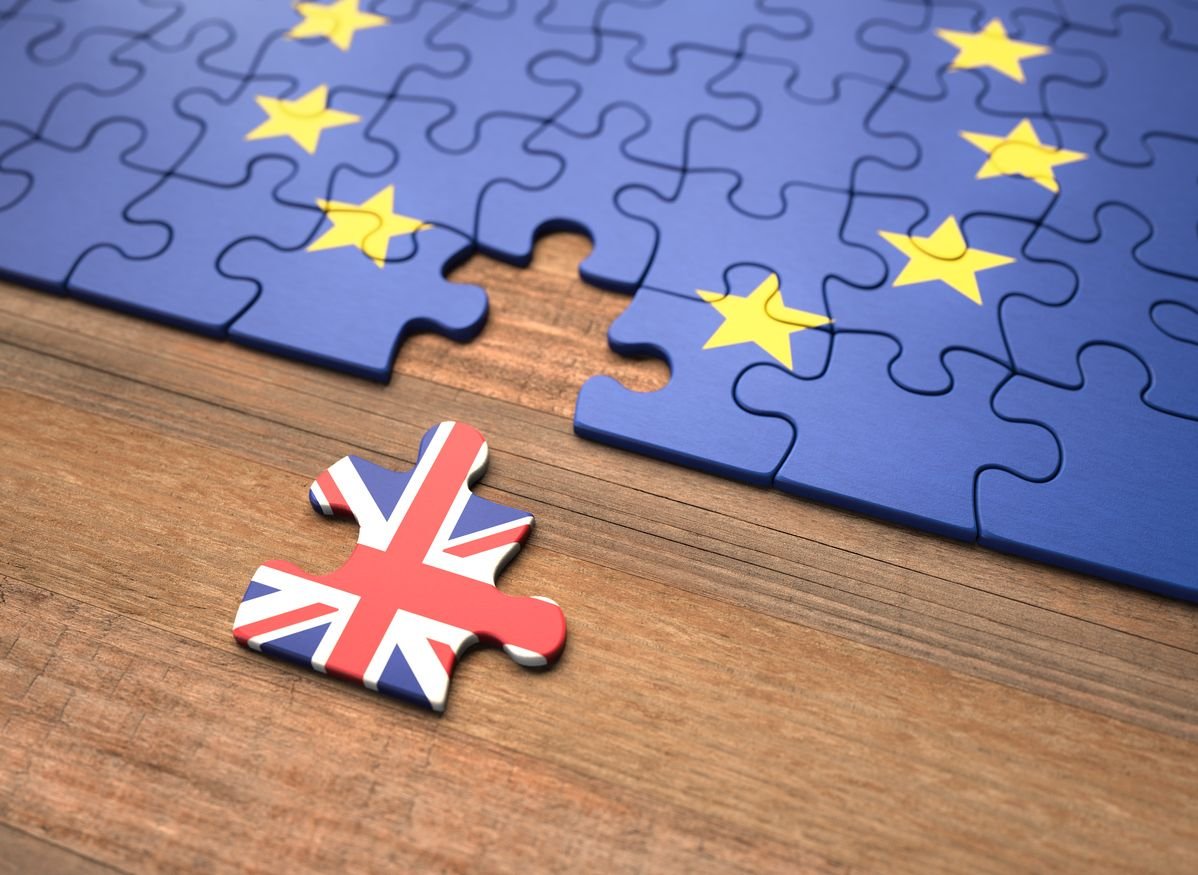Brexit and the economic apocalypse that didn't happen
2 comments

We were told that Brexit would cause an economic apocalypse - that it would plunge the UK into a deep recession, collapse exports, explode unemployment and cut wages, and that it would generally lead to a structural decline in economic conditions of standard of living of the population. Some even predicted shortages of food and medicine, famines, riots and coups d'état. In short, Great Britain, according to almost all of our commentators, was destined to become a failed state worthy of the worst dystopias: an international pariah, cut off from the civilized world. A year after Britain's formal withdrawal from the EU on January 31 2020, none of these prophecies have materialized. Not only did Brexit not produce an economic disaster, it turned out to be a success in many ways. Let's start with the most obvious parameter - GDP growth. For 2021 as a whole, UK GDP growth was 7.5%. This is the strongest pace of growth since World War II and the highest in the G7 - compared to GDP growth in both the eurozone and the EU of 5%. Both the IMF and the OECD predict that in 2022 the UK will experience the fastest GDP growth among the G7 countries.
Admittedly, this pace of growth partly represents a rebound from the particularly deep recession experienced in 2020. But this is not enough to explain the recovery. In November, the UK economy surpassed pre-pandemic levels for the first time - a recovery in line with Canada, faster than Italy and Germany, but slower than Japan and the United States. In other words, the UK has recovered from the worst economic shock in modern history on a par with other advanced economies and faster than its European counterparts. This is largely the result of the massive monetary and fiscal stimulus implemented by the UK government in response to the pandemic - roughly 20% of GDP, one of the largest economic support packages in the world. On the latter point, it is worth mentioning another of the more common predictions about Brexit - that it would cause a collapse in the value of the pound. Well, today the pound sterling, after a series of ups and downs, registers the highest value compared to the other reference currencies (euro, dollar, etc.) since the 2016 referendum. Currently, 1 pound is worth 1.35 dollars and 1.2 euros. In the face of the collapse. And this despite the massive monetary and fiscal stimulus of the past two years - something that in itself, according to economic orthodoxy, should have plunged the value of the pound. Yes, inflation is slowly increasing, as everywhere, but this is due to exogenous factors, starting with the increase in the price of energy and problems in global supply chains.
What about the prediction that Brexit would cause massive unemployment, low wages and worse conditions for workers? Well, UK unemployment today is at 4% - significantly lower than it was at the time of the referendum and close to all-time lows of the 1970s. In short, the UK economy is close to full employment. In fact, the unemployment-to-vacancy ratio is now at a record level of 1: 1 - which means that, in theory, there is a job available for nearly all jobless people. Meanwhile, unemployment in the euro area and the EU is 7% and 6.4% respectively - with peaks of 10% or more in countries like Italy, Spain and Greece. Nominal wage growth in the UK is also at its highest level in 15 years - although that growth is not enough to keep up with inflation. This tightening of the labor market - which is clearly great news for UK workers as it strengthens their bargaining power - is the result of several factors, including a reduction in the influx of unskilled workers from the EU, to effect of Brexit (I realize it's not politically correct to say, but yes, labor supply affects wages).
Finally, we were told that Brexit would destroy British trade and cut the country out of the rest of the world. In fact, both exports and imports continued to grow steadily after the referendum. Both experienced a deep slump in 2020 due to the pandemic (as in all countries), but are now growing again - 8.4 and 4.9% respectively in 2021. The real news is that, for the for the first time since 1997, imports from non-EU countries have outstripped those from EU countries, which is more of a problem for the latter than for the UK. Meanwhile, the share of trade with the EU has fallen slightly since the referendum, but this has more to do with a long-term trend than with Brexit: the percentage of total UK exports going to the EU is in fact progressively decreased over the last 15-20 years, with non-EU outlet markets growing much faster than intra-EU ones. However, one thing is certain: Brexit has not plunged the UK into self-sufficiency. What's the moral of this story? That a country's economic fortune largely depends on its internal policies, not on whether or not it belongs to free trade areas or supranational organizations such as the EU. An obvious corollary of this is that the more leeway a country has, in political and economic terms, the greater its chances of success. This is why organizations such as the EU (not to mention the euro area), which limit the political and economic autonomy of member states, pose a problem for the economies of the countries that are part of it. According to each parameter, the United Kingdom has taken a decision that is proving fruitful in abandoning this EU made up of parameters, budgetary obligations and forced competition between workers from member countries.



Comments